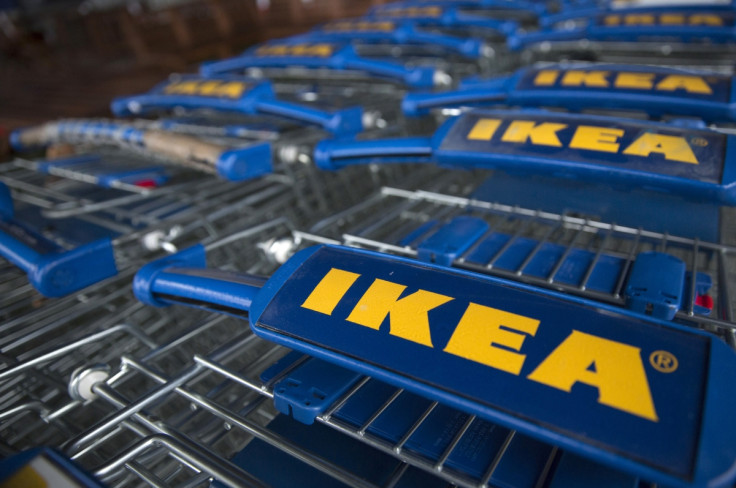Eric Schmidt is right - Britain's technology whizzkids do take the money and run

It was flattering to hear Eric Schmidt sing the praises of the UK as a centre for e-commerce, ahead of his own country, and cite our nation's potential for producing "£100bn companies".
It was good too that, unlike many Americans, Mr Schmidt had the good grace and sense to refer to our currency when in conversation with Brits: I spend a significant portion of my business dealings Stateside having to calculate the dollar-to-sterling exchange rate in my head.
I concede that I might be overplaying the significance of Schmidt's correct use of a pecuniary noun: after all, he's a clever enough guy to frame his phraseology to the nationality of his audience. However, having a global outlook – whether superficial or on a deeper level – is the theme underpinning the one negative point amongst his barnstorming optimism for the UK.
In accounting for why a Google-equivalent had not emerged from these shores, he referred to the "widely discussed" view that British entrepreneurs sell up earlier than US equivalents. He stated that an explanation for this habit could be "cultural": that British businesspeople think "hey, that's a heck of a lot of money" and are wowed by wealth beyond the wildest of dreams permitted to be enjoyed by the tea-slurping residents of this damp, quaint European island. He didn't exactly say the last part, I am being slightly creative, but he sure as 'heck' meant it.
More sensitive souls might interpret his words as faintly patronising, and there are of course numerous global brands that are proudly British, but overall, he is, of course, right. We Brits do have a tendency to quit while we are ahead, selling ourselves short in so many ways.

Why do we do this? And is it such a bad thing?
We have the brains and the gumption to build global brands, but are often contained by our (big) island mentality. If you look at Sweden, from the moment entrepreneurs scribble down that first business plan, they are thinking about scaling-up. From IKEA to H&M and Spotify, they go big and global quickly.
However, this aptitude at rolling-out businesses across multiple territories is borne out of necessity: hardly anyone lives in Scandinavia, and therefore these domestic markets cannot sustain ambitious businesses. By contrast, in the UK, we have a developed and sizeable home market to conquer. As such, global expansion is far from a priority in the early days of most British companies. Lest we forget, to succeed in the UK is a remarkable achievement in itself.
Schmidt's discussion was naturally-enough geared towards the tech startup space and how a small company with only a handful of individuals can become a world-beater. Therefore, even though country of origin should have a decreasing significance, I would argue that even the bright young Brits of Silicon Roundabout inherit this island mentality and it will take more than a generation to shift.
Beyond a satisfaction at localised success, another reason for our desire to get off the rollercoaster before it gets too fast is in our national character: we just don't rate ourselves.I've watched countless British businesspeople employ self-deprecation when confronted by self-assured Americans, and been amused by the way in which they correspondingly control the room by putting themselves down and bewildering others through strategic modesty. However, this isn't just a manipulative employment of irony on the part of the Brits: many of us really lack the confidence in our own abilities…yet we turn it to our advantage.
I am not proposing some collective personality bypass for the British businessperson. We are risk-averse. Which may not be such a bad thing.
We are what we are, and I would propose that we should acknowledge our strengths as much as our weaknesses. British people may lack self-confidence, but we are the world's best managers and make better decisions when it comes to delegation and outsourcing than anyone simply because we are not so convinced of our own inherent brilliance.
When Mr Schmidt referred to the potential for the existence of "a European-scale corporation that is larger than a US-scale corporation", he was right. I would hope that, going into a new year, British businesspeople can help realise this dream not through losing their natural little-c conservatism, but by keeping an open-mind to cooperating with those whose skills fill the gaps. Headhunt, outsource, delegate, whilst staying true to those qualities that really do make us world-beaters, even if we are far too modest to acknowledge the fact.
© Copyright IBTimes 2025. All rights reserved.






















